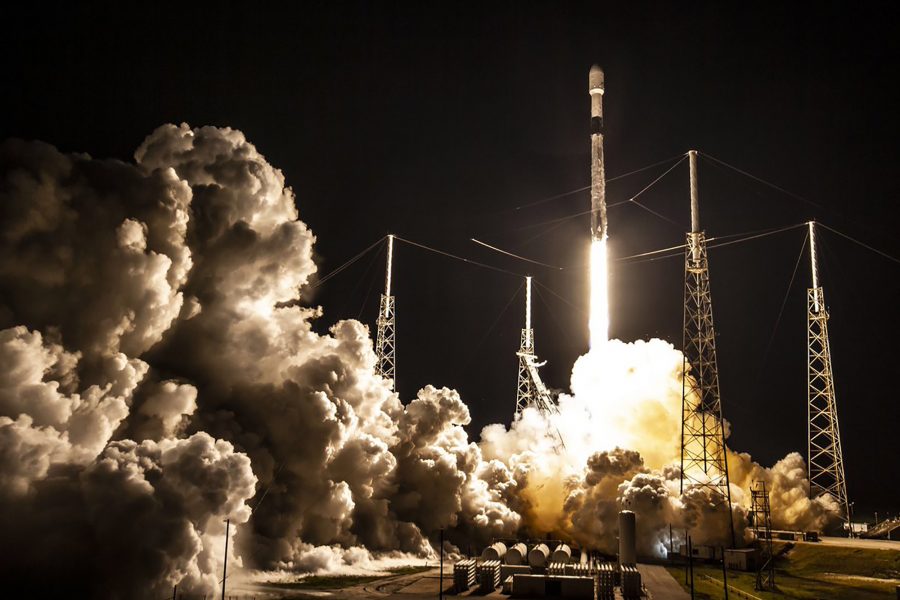The Space Force is bolstering its satellite network—and its ties to SpaceX—with a $70 million contract for the company’s new Starshield service.
The partnership is part of the service’s ongoing effort to leverage private-sector involvement in space operations. The Space Force is moving away from long acquisition cycles and pivoting to more commercial capabilities in different mission areas, an official at Space Systems Command told Air & Space Forces Magazine.
Starshield, often described as a government equivalent to SpaceX’s Starlink network, is made up of satellites in low-Earth orbit (LEO) and will provide several capabilities, the official added, including but not limited to high-speed broadband, space domain awareness, and alternative positioning, navigation, and timing. Starshield’s primary focus areas include earth observation, communications, and hosted payloads, as detailed on its website.
The Space Force’s contract will cover a global subscription for various land, maritime, stationary, and mobility platforms and users
While the task order for Starshield services is provided by the Starlink satellite constellation, it differs from the commercial Starlink service due to unique Department of Defense terms and conditions not typically found in commercial service contracts.
While Starlink serves consumer and commercial purposes and boasts the world’s largest satellite constellation, Starshield is intended to support national security efforts.
SpaceX has not responded to queries from Air & Space Force Magazine on further technical distinctions between the military-focused constellation and commercial communication.
While SpaceX’s contract with the Space Force is the first of its kind, the company has a history of partnering with the U.S. military and government agencies. That has included a host of launches through the National Security Space Launch program, building satellites for the Space Development Agency, and collaboration on a project for NASA.
However, the company’s involvement in defense activities has not been without controversy.
SpaceX CEO Elon Musk’s recently released biography, written by Walter Isaacson, alleged that Musk declined to let the Ukrainian government use the Starlink satellite network to coordinate an attack on Russian warships.
Musk himself has emphasized the civilian nature of Starlink, saying it “needs to be a civilian network, not a participant in combat,” via X, formerly known as Twitter. Starshield is meant to separate out the civilian and military applications.
In response to queries about Musk’s decisions on Ukraine at last month’s Air, Space & Cyber Conference, Chief of Space Operations Gen. B. Chance Saltzman declined to comment, stating he wasn’t aware of the decision-making process behind Musk’s choice. Saltzman also noted that the matter is now “old news,” given that the Space Force has a contract in place.
Still, the revelation has triggered a congressional investigation into Musk’s actions. Sen. Jack Reed, the chairman of the Senate Armed Services Committee, said the panel is “aggressively probing this issue from every angle” in a statement released on Sept. 14.
Asked whether the results of the inquiry could have repercussions for the Starshield contract, the Space Systems Command official said that the Space Force will not speculate on the findings and that SpaceX will continue to execute ongoing contracts with the Space Force.
The Space Force’s contract with SpaceX is effective from Sept. 1, 2023, to Sept. 30, 2024, with an option for an additional year.

